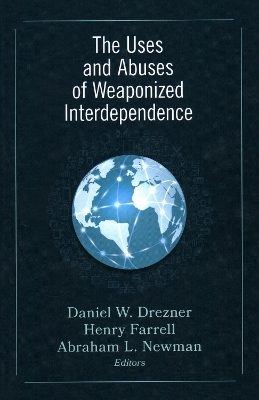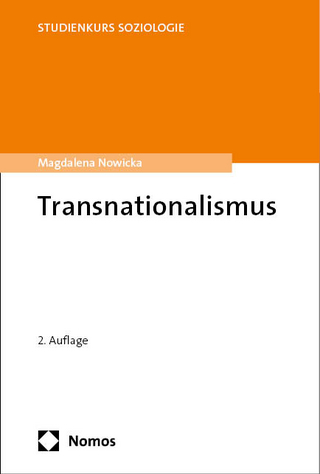
The Uses and Abuses of Weaponized Interdependence
Brookings Institution (Verlag)
978-0-8157-3837-4 (ISBN)
In exploring the conditions under which China, Russia, and the United States might be expected to weaponize control of information and manipulate the global economy, the contributors to this volume challenge scholars and practitioners to think differently about foreign economic policy, national security, and statecraft for the twenty-first century. The book addresses such questions as: What areas of the global economy are most vulnerable to unilateral control of information and financial networks? How sustainable is the use of weaponized interdependence? What are the possible responses from targeted actors? And how sustainable is the open global economy if weaponized interdependence becomes a default tool for managing international relations?
Daniel W. Drezner is professor of international politics at the Fletcher School of Law and Diplomacy, Tufts University, and a nonresident senior fellow at the Brookings Institution. Henry Farrell is professor of political science and international affairs at George Washington University. Abraham L. Newman is a professor in the Edmund A. Walsh School of Foreign Service and Government Department, Georgetown University, and director of the Mortara Center for International Studies.
1. Introduction: The Uses and Abuses of Weaponized Interdependence
Part I: Theory
2. Weaponized Interdependence: How Global Economic Networks Shape State Coercion
3. Hegemony and Fear: The National Security Determinants of Weaponized Interdependence
4. The Road to Revisionism: How Interdependence Gives Revisionists Weapons for Change
Part II: Finance
5. Weaponized Interdependence and International Monetary Systems
6. Weaponizing International Financial Interdependence
Part III: Tech
7. Internet Platforms Weaponizing Choke Points
8. Huawei, 5G, and Weaponized Interdependence
Part IV: Energy
9. Weaponizing Energy Interdependence
10. Russia's Gazprom: A Case Study in Misused Interdependence
Part V: State-Owned Networks
11. Weaponized Weapons: The U.S. F-35 and European Eurofighter Networks
12. Coercion Unbound? China's Belt and Road Initiative
Part VI: Responses to Weaponized Interdependence
13. Weaponized Interdependence, the Dynamics of Twenty-first Century Power, and U.S. Grand Strategy
14. Investment Screening in the Shadow of Weaponized Interdependence
15. Weaponized Interdependence and Human Rights
16. Must the Weak Suffer What They Must? The Global South in a World of Weaponized Interdependence
17. Weaponized Interdependence and Networked Coercion: A Research Agenda
Contributors
Index
| Erscheinungsdatum | 15.01.2021 |
|---|---|
| Sprache | englisch |
| Maße | 154 x 224 mm |
| Gewicht | 594 g |
| Themenwelt | Recht / Steuern ► Allgemeines / Lexika |
| Recht / Steuern ► EU / Internationales Recht | |
| Sozialwissenschaften ► Politik / Verwaltung ► Europäische / Internationale Politik | |
| Sozialwissenschaften ► Politik / Verwaltung ► Politische Theorie | |
| Sozialwissenschaften ► Politik / Verwaltung ► Vergleichende Politikwissenschaften | |
| Sozialwissenschaften ► Soziologie | |
| ISBN-10 | 0-8157-3837-4 / 0815738374 |
| ISBN-13 | 978-0-8157-3837-4 / 9780815738374 |
| Zustand | Neuware |
| Haben Sie eine Frage zum Produkt? |
aus dem Bereich


